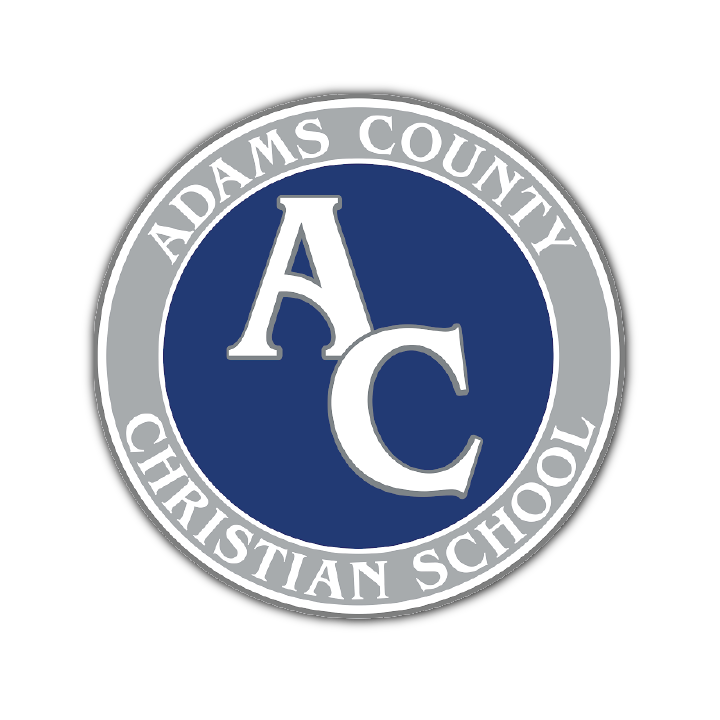Scholar Athlete of the Week: Mother, daughter do not see eye to eye scholastically
Published 11:57 pm Wednesday, January 16, 2013

Ben Hillyer | The Natchez Democrat — Tessa Aldridge, left, and her daughter Murphy Aldridge are opposite in many respect. While both enjoy sports, the two couldn’t be farther apart when it comes to their academic interests. Tessa, who is a third-grade teacher at Ferriday Upper Elementary, likes English and literature, while her daughter likes math and science.
NATCHEZ — Sometimes, as in the case of Trinity Episcopal forward Murphy Aldridge, the apple does fall a bit far from the tree.
Both Murphy and her mother, Tessa Aldridge, enjoy sports, but their academic interests are on the complete opposite ends of the spectrum.
Tessa, a teacher at Ferriday Upper Elementary School, is more of an English person, while Murphy’s strengths are in math and science. When Murphy comes to Tessa for help with her English papers, Tessa said the difference between herself and her daughter is apparent.
“She’ll come to me and say she needs help and ask me to get her started, and when I do, then she’ll say, ‘And? Next?’” Tessa joked.
“She’s extremely literal. It’s one way with her, and that’s how it’s supposed to be.”
Murphy’s approach to each subject echoes her mother’s observation.
“With math and science, things are never different,” Murphy said. “It’s just one set answer, not different opinions. I like to figure out how to do things, not make up things like I do in English.”
When she is forced to write a paper for English, Murphy said it’s not an enjoyable experience.
“I really just want to cry,” she said. “I have to set up the paper before I write it. It has to have structure.”
Murphy currently has a 4.0 grade-point average and scored a 27 on the ACT, but she said it’s not because she spends a lot of time studying.
“I just remember things and listen in class, that’s all I do,” Murphy said.
That’s also polar opposite to her mother, who said she has to write down every little thing.
“If I don’t write it down, I won’t remember it,” Tessa said.
At first, Tessa said she wasn’t too keen on the idea of Murphy not studying regularly.
“When she was little, I used to think, ‘This is going to be the longest journey,’” Tessa said. “I just gave up finally, and she did OK.”
Now that she’s accepted that her daughter doesn’t need to study to excel, Tessa said she likes that quality about her daughter.
“She has a lot of self-discipline, and she’s going to get it done,” Tessa said. “I don’t have to be on her about things. It’s easier for me, because after teaching all day, it’s nice having a child who’s organized and self-motivated.”
If there’s any disadvantage to not having to study, Murphy said it’s her friends occasionally teasing her about it.
“People are always like, ‘Murphy made 100,’” Murphy said. “People mess with me about it, but I don’t really talk about it that much.”
Murphy takes honor classes at Trinity, and Tessa said she sometimes has a difficult time helping her daughter when she has questions.
“Sometimes I sit there and ask myself, ‘What is she saying?’” Tessa said. “Or, ‘How do I put this? I don’t know.’”
No matter how little Tessa is able to help at times, grades have never been a problem with Murphy.
I remember the first time she made a B in fourth grade,” Tessa recalled. “She was like, ‘Oh my gosh,’ and it wasn’t even a report card, but a progress report.”
Murphy defended her reaction, saying a B wasn’t her best work.
“That’s unacceptable,” Murphy said. “I want to do my best, and I know an 89 isn’t my best.”
Murphy began playing AYA basketball in third grade, and she enjoyed the sport so much that she stopped playing softball and cheerleading.
“With cheer, I have to be too happy all the time, and I don’t really know why I stopped playing softball,” Murphy said.
Tessa has an idea of why her daughter likes basketball so much.
“I think it’s because there’s always a different scenario,” Tessa said. “It’s never the same thing.”
Murphy said she plans to major in psychology, and Tessa said she wonders exactly what her daughter’s motivations are.
“She probably wants to figure out what’s wrong with me,” Tessa joked.
But Murphy said she needs to look in the mirror before trying to figure anything out about someone else.
“I need to figure out what’s wrong with myself,” Murphy said.
Murphy is also the daughter of Shannon Aldridge.






